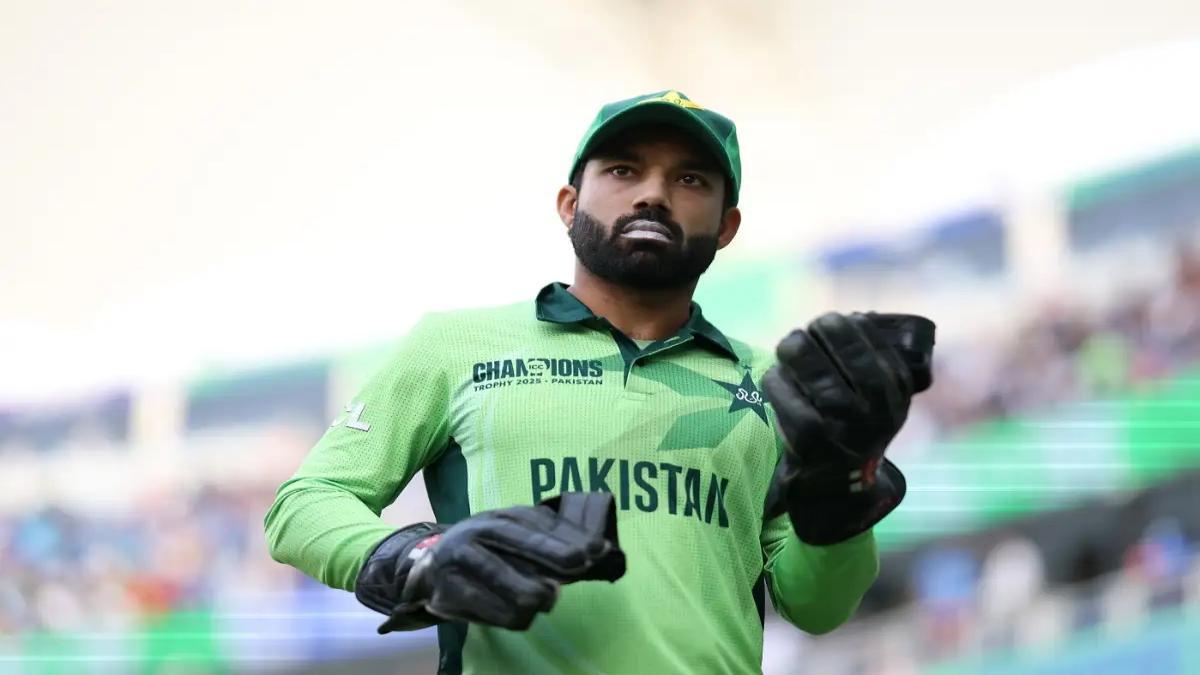Pakistan’s disappointing exit from their home Champions Trophy campaign has been attributed to one primary factor: a lack of experience. White-ball head coach Aaqib Javed, in his post-tournament assessment, pointed out that the team’s inexperience played a major role in their struggles.
Although Pakistan still has one remaining fixture against Bangladesh in Rawalpindi on Thursday, the match holds little significance, as both teams are already eliminated from semi-final contention. Additionally, persistent rain throughout the week threatens to further disrupt the game.
Javed reflected on various selection decisions and combinations that might have improved Pakistan’s performance but seemed particularly affected by the defeat to India. He emphasized the vast gap in experience between the two sides.
“When Pakistan and India play, it’s not just cricket—it’s more than that. Experience is crucial in such high-stakes encounters,” Javed said. “This Indian team is the most experienced, with nearly 1,500 matches between them. In contrast, Pakistan is at the bottom, with less than 400 matches combined. Babar Azam is the only player in our squad with over 100 games. Mohammad Rizwan (88 ODIs) and Shaheen Afridi (64 ODIs) follow, but beyond them, most players have fewer than 30 games. Tayyab Tahir, for instance, has played just eight matches. Imam-ul-Haq (73 ODIs) was returning to the team. When nothing else works, experience makes a difference—there’s no doubt about that.”
Pakistan’s lack of seasoned players was further exacerbated by the loss of Fakhar Zaman, a key aggressive batter and standout performer from the 2017 Champions Trophy, in the opening game. Additionally, they were without Saim Ayub, who had scored 235 runs and taken two wickets during Pakistan’s 3-0 ODI series win in South Africa in December. Ayub was ruled out of the tournament due to an ankle injury.
“We had to bring in Khushdil Shah because Saim was unavailable,” Javed explained. “In one-day cricket, you cannot go in with just five bowlers—you need a balance of seven batters and four bowlers. When Saim was part of the team, he provided an extra bowling option, delivering five to seven overs in a match. Without him, our selection committee had to find the best possible replacement. However, despite Khushdil Shah’s solid performances over the past year and a half, his impact was not comparable to Saim’s.”
With these key absences, much of the responsibility fell on Pakistan’s core players: Babar Azam, Mohammad Rizwan, Shaheen Afridi, Naseem Shah, and Haris Rauf. However, none of them managed to produce match-winning performances, further compounding Pakistan’s struggles.
Following the team’s early exit, these players have faced heavy criticism from fans and analysts alike.
“People who are not involved in the team setup always want answers and specific names to blame for the team’s losses,” Javed remarked. “But as far as Babar, Rizwan, Shaheen, Naseem, and Haris are concerned, our aim was to build the best possible squad of 11 or 15 players. There is no doubt that Shaheen, Naseem, and Haris are exceptional bowlers. If you compare them with any other team’s attack, they remain one of the best fast-bowling options.
“And when it comes to Babar—what alternatives do we have? People often say, ‘If the team loses, change the squad.’ But the reality is that this is already the most inexperienced team we’ve had.”













